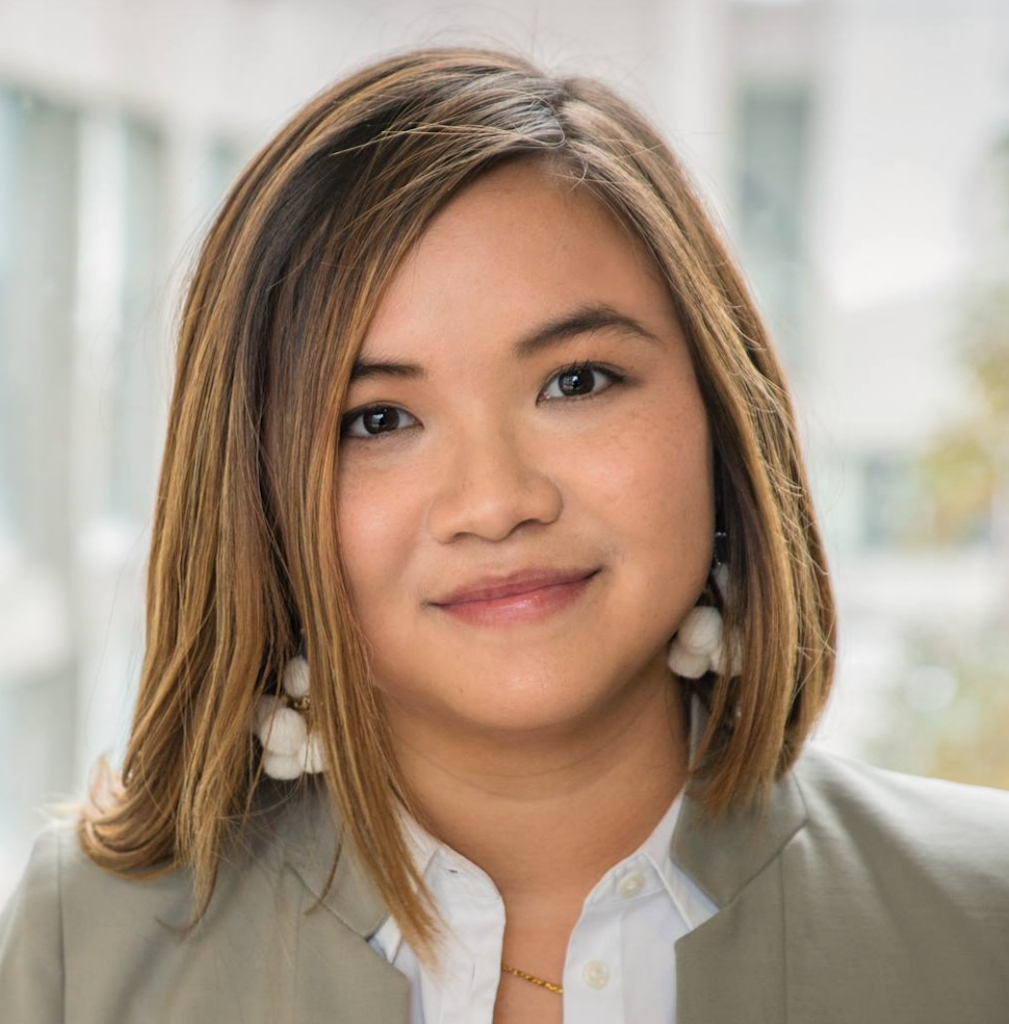By Elaine Smith
When Professor Yvonne Su was asked to provide expert testimony at the refugee hearing for a gay Venezuelan man seeking asylum in the United States, she jumped at the opportunity.
“My whole academic career led me to this point,” said Su of the request made earlier this year. “I’ve written journal articles, policy papers and been involved in activism, but rarely do I get to do something that has such a direct impact.”

Su, an assistant professor in the Department of Equity Studies in the Faculty of Liberal Arts & Professional Studies, is an expert on forced migration. Since 2019, her research has focused on LGBTQ+ asylum seekers from Venezuela, where, as in many countries, a confluence of politics, religion and culture make living an openly gay life dangerous.
“Given the anti-LGBTQ+ sentiment, many people aren’t even out to their family members,” Su said. “They remain closeted so their families don’t disown them. Some are married with children and living double lives. There is fear of violence and concern about job discrimination, and there are few laws to protect LGBTQ+ people. Same-sex marriage is not recognized in the country as the Venezuelan constitution defines marriage as between a man and a woman.
“The pandemic made things worse for the LGBTQ+ community, because fake news stories circulated on social media at the start of COVID-19 blaming LGBT people for the spread of COVID-19.”
The lawyer for the asylum seeker learned of Su’s research and reached out to her to ask her to write a report about the living conditions for gay men in Venezuela that addressed whether it was possible for them to live authentic public lives as gay men, free of violence. Su wrote the report based on her research; she never met the applicant, because her work had to be impartial.
Next, she testified as an expert witness at the immigration hearing.
“The lawyer for the asylum seeker practised with me for an hour to prepare me for the type of questions I might be asked,” Su said.
Her testimony was given by phone, something she assumes is fallout from the pandemic.
“The government’s lawyer really wanted hard evidence and concrete numbers about incidents of violence against gay men, but states like Venezuela don’t collect statistics on hate crimes or violence against certain groups,” she said. “They don’t want that information publicized.”
However, in the survey Su previously conducted of gay Venezuelan men through her Social Sciences and Humanities Research Council (SSHRC)-funded research, she asked them if they faced discrimination and violence in Venezuela due to their sexual orientation or gender identity. In answering those questions, some respondents volunteered examples of violent incidents: beatings by police and civilians, as well as gang rape. She was able to present the results from the 162 surveys completed by LGBTQ+ Venezuelan asylum seekers in Brazil and Colombia as evidence and to explain the cultural context.
As one of the first migration experts to research these high-risk and hard-to-reach groups, Su’s data set of experiences of violence is rare and necessary for informing policy.
“North Americans have a difficult time conceptualizing the LGBT culture in other countries,” Su said. “Their concept of what constitutes a gay life is very narrow. In many countries in the Global South, it’s not like North America, where teenagers come out to their parents or friends at 14 and there are few political consequences.
“In many other countries, it’s a serious political and social issue, people don’t want to talk openly about how state authorities mistreat LGBTQ+ people, because the state may persecute them for speaking out and it makes them more vulnerable or it identifies them to others as LGBTQ+.”
Su’s testimony lasted 20 minutes, but the hearing itself went on for five or six hours. Afterward, the judge decided in favour of the asylum seeker.
“They emailed me and I jumped for joy,” Su said. “Someone’s life has changed. They will be able to live in the United States and will be free to be their authentic selves.”
Although this was her first experience as an expert witness, she will be happy to do so again. It’s part of her commitment to York’s ideal of righting the future as laid out in the University Academic Plan.
“If I hadn’t done this research previously, these statistics wouldn’t be available,” Su said. “They don’t exist elsewhere. So, if others ask, I’d happily help out. I’ll present what I know and hope for the best.”


